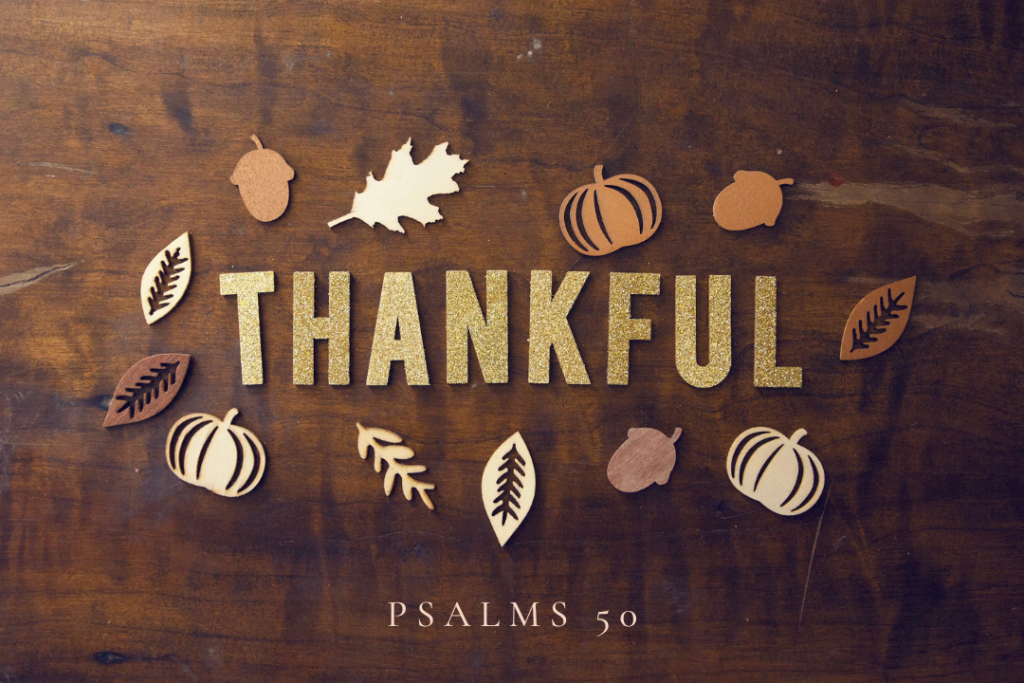
Psalms 50
In the rich tapestry of Psalms, we encounter Psalm 50, a poetic masterpiece attributed to Asaph, a distinguished music minister. As we delve into this psalm, we find profound insights that resonate and speak to the essence of worship in our lives.
Asaph, known for his musical prowess, played a pivotal role in the worship ministry during the time of David and Solomon. To grasp the significance of his contribution, we turn to 1 Chronicles 6 and 25, where the sons of Levi, including Asaph, were appointed for the “service of song” in the house of the Lord.
Reflecting on Asaph’s role and the lineage of music ministers, we recognize the gravity of their mission. These individuals were entrusted with the sacred task of leading God’s people in worship, a responsibility passed down through generations.
Psalm 50 opens with a majestic declaration of God’s sovereignty over the entire earth, from the rising to the setting of the sun. Asaph, the gatherer, emphasizes God’s role in assembling His people through worship, highlighting the profound connection between the ministry of music and the act of gathering believers before the Lord.
Acknowledging the splendor of God’s perfection, Asaph vividly describes His manifestation, symbolized by devouring fire and a mighty tempest. This portrayal underscores the majesty and power inherent in our worship.
God’s call to the heavens and the earth signifies His authority to judge His people. Here, the psalm emphasizes the importance of covenant and sacrifice. The covenant is sealed through worship, and God, the righteous judge, calls upon His faithful ones who have made a covenant with Him through their sacrificial worship.
In verses 7-13, God dismisses the notion that He needs material offerings, declaring His ownership of all creation. Instead, He desires a sacrifice of thanksgiving, an offering that surpasses the value of burnt offerings. Thanksgiving, rooted in a heart of gratitude, precedes praise and forms the core of acceptable worship.
The psalm reaches its crescendo with a profound promise in verse 15: “Call upon me in the day of trouble; I will deliver you, and you shall glorify me.” In times of difficulty, our call to God becomes a worshipful sacrifice, and His response is deliverance, leading to an outpouring of glorification.
There is a stark contrast between the righteous and the wicked in the passage. Those who offer thanksgiving glorify God, while the wicked, who recite His statutes without true repentance, face rebuke.
As we reflect on this psalm, let us examine our worship. In particular, the year’s Thanksgiving has come just around the corner, let’s take a moment to count the blessings God has allowed us and throw ourselves questions.
Today, God is speaking to us through Asaph. He is asking you, “When you worshipped me, did you give the service realizing how important it is? Was it truly an offering full of appreciation? Wasn’t it a mere dry worship service?” You have had so many worship services. You gave many things to God. They are always before God. However, didn’t you give these offerings out of habit, because you made them into simple mannerisms? Didn’t you give them to God with the attitude of wanting to “get it over with quickly?” Wasn’t it a worship service that lacked the heart of thankfulness? Did you worship with thanksgiving? Therefore we must worship with thanksgiving.
May our worship be transformed into a sacrifice of thanksgiving, glorifying God and opening the door to His salvation in our lives.
